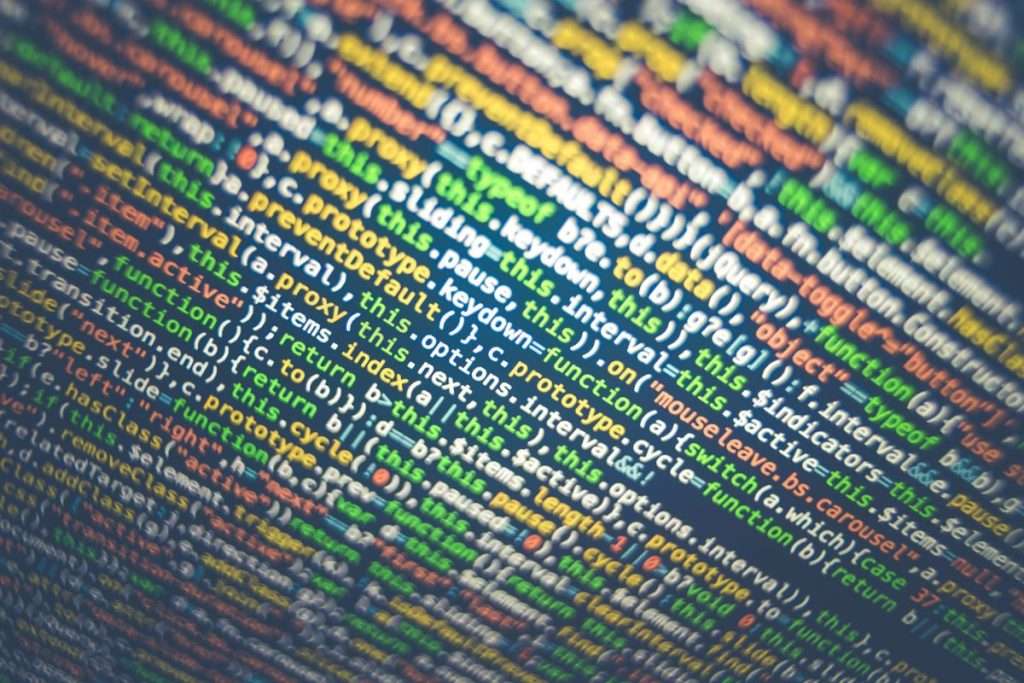Regulatory compliance in global supply chains is a daunting task, encompassing a multitude of rules and standards. Non-compliance can lead to severe repercussions, including hefty fines and reputational damage. However, artificial intelligence, with its machine learning, natural language processing, and data analytics capabilities, is transforming the way businesses handle regulatory compliance in their supply chains.
AI-powered systems can monitor and analyze vast amounts of data from various sources in real-time, identifying patterns, anomalies, and potential compliance breaches. This allows for swift corrective action, such as detecting irregularities in supplier practices or deviations from environmental standards.
AI’s Role in Compliance Risk Management
AI’s ability to handle large volumes of data makes it invaluable for regulatory compliance. Machine learning algorithms can sift through complex datasets, extracting relevant information and identifying trends. This is particularly useful for tracking regulatory changes and assessing their impact on supply chain operations.
Predictive analytics generated by AI can anticipate compliance risks before they materialize. By analyzing historical data and identifying correlations, AI models can forecast future scenarios and highlight areas of concern, enabling companies to implement preventive measures.
Practical Applications of AI in Supply Chain Compliance
AI can assess supplier risk profiles, identify high-risk suppliers early, and ensure a more resilient supply chain. It enables real-time audits by continuously monitoring supply chain activities and comparing them against regulatory standards. AI can also streamline customs and trade compliance by automating documentation and ensuring adherence to import and export regulations.
Challenges and Future Prospects
Despite its benefits, AI implementation comes with challenges, including data privacy, cybersecurity, and integration with existing supply chain management systems. Ethical and legal questions also arise, such as accountability for AI-driven decisions and potential biases in algorithms.
However, the future of regulatory compliance in the supply chain is undoubtedly intertwined with AI advances. As AI technologies continue to evolve, their capabilities in data analysis, predictive modeling, and automation will further enhance compliance. AI holds the promise of transforming regulatory compliance from a burdensome necessity into a proactive force for innovation and trust.





